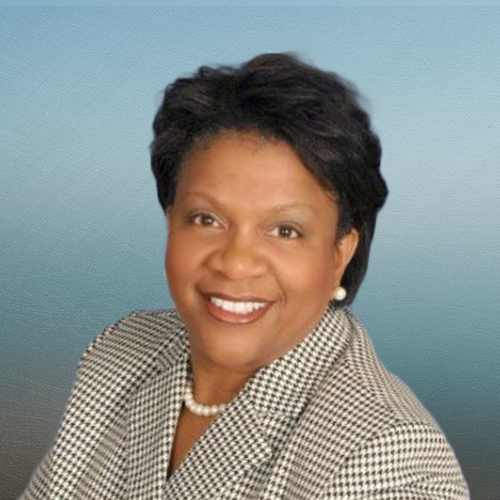When to Worry About Memory Loss
People forget things all the time; and the older you get, the more it happens. So how do you know when memory loss is something more serious?
Warning Signs
According to the Alzheimer’s Association, there are 10 warning signs to look for:
- Memory loss that disrupts daily life
- Challenges in planning or solving problems
- Difficulty completing familiar tasks
- Confusion with time or place
- Trouble understanding visual images and special relationships
- New problems with words in speaking or writing
- Misplacing things and losing the ability to retrace steps
- Decreased or poor judgment
- Withdrawal from work or social activities
- Changes in mood and personality
Normal Behavior
Here’s a helpful chart from the Alzheimer’s Association to determine what’s normal and what’s not:
| Signs of Alzheimer’s/Dementia | Typical Age-Related Changes |
|---|---|
| Poor judgement and decision marking | Making a bad decision once in a while |
| Inability to manage a budget | Missing a monthly payment |
| Losing track of the date or the season | Forgetting which day it is and remembering later |
| Difficulty having a conversation | Sometimes forgetting which word to use |
| Misplacing things and being unable to retrace steps to find them | Losing things from time to time |
For more tips on identifying the signs of Alzheimer’s and dementia, refer to “Is it Alzheimer’s or Just Signs of Aging” from the Alzheimer’s Association.
Getting Support
If you think your loved one is showing signs of dementia, the Centers for Disease Control and Prevention (CDC) recommends the following steps:
- Talk with your loved one about your concerns.
- Identify what activities might be unsafe for your loved one; like driving, managing finances, or remembering to take daily medication.
- Schedule an appointment for your loved one with a medical provider you trust and attend the appointment with them to share your concerns.
- Set-up a family meeting to discuss next steps; and ask the hard questions, including advanced medical directives and estate plans.
As with any disease, early detection is key to slowing or stopping the progression of the illness. Unfortunately, there is no cure for Alzheimer’s but there are medications that will slow progression and reduce symptoms of the disease.
How You Can Help
In recognition of Alzheimer’s and Brain Awareness Month, the Alzheimer’s Association holds an annual awareness event on June 21. “The Longest Day” brings people from all over the world together to fight the darkness of Alzheimer’s and raise funds and awareness for the care, support, and research efforts of the Alzheimer’s Association.



